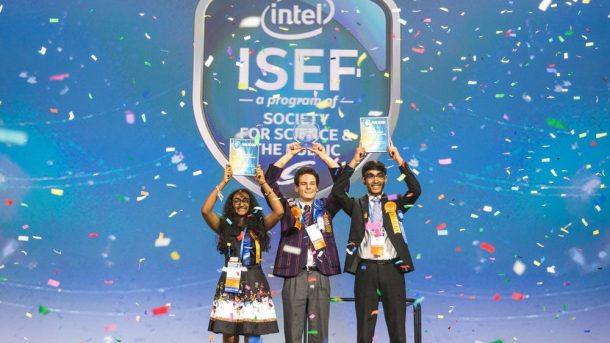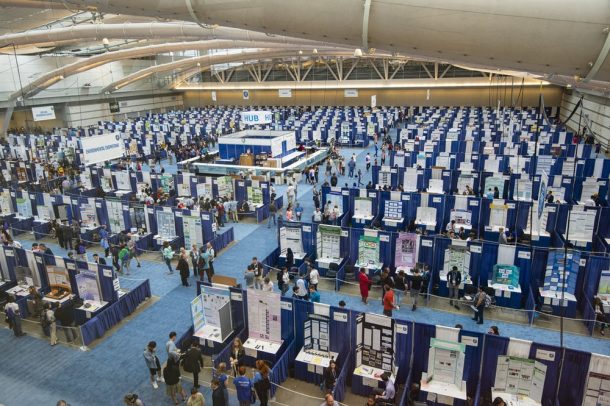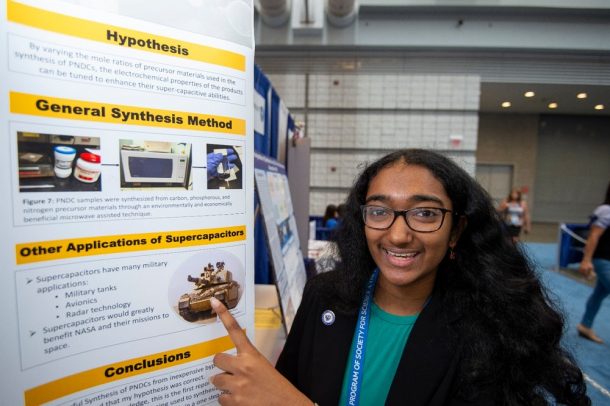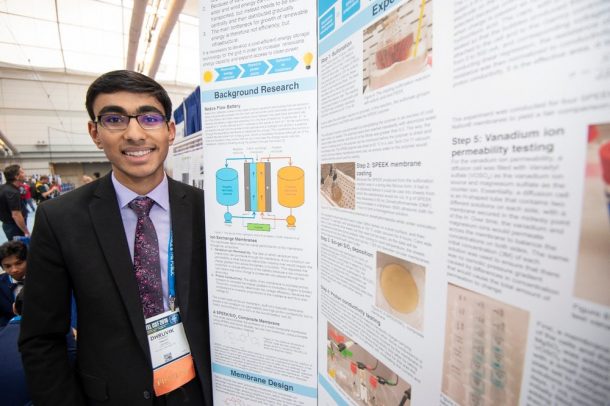Intel has been running it’s International Science and Engineering Fair for several years. It is known as the world’s largest international pre-college science competition. This year almost 1800 students took part in the competition from 81 different countries. However, among all of them, there could only be one winner who is Oliver Nicholls of Sydney, Australia. He won the honor for his prototype of automated robotic window cleaner for commercial buildings. The Gordon E Moore Award, which is named after the co-founder of Intel, makes nearly $75,000 and has been given to the window cleaning robot. The robot was inspired by an employee at Oliver’s school, who had an accidental fall and broke his leg.


The cleaning robot has eight tilting rotors which are mounted in a 4 x 2 configuration and is attached to a winch on the roof of the building. Once attached to the roof, it is then lowered down to the dirty window. The rotors then fire up and move the bot away from the glass. A spray nozzle soaks the area nicely before rotating pads wipe the suds away. Once cleaned, the pulley moves the robotic cleaner up, down, sideways on the window until it is sparkling again. It then transports to the next dirty pane.
The robot is capable of performing its duties in 28 mph winds. It has the potential of replacing the already existing cleaning methods which cost nearly $11,000 every time. This will also be very helpful in reducing the number of injuries to the human operatives who won’t be required to hang on the walls of the buildings anymore. The Intel Prize is not the first prize which is secured by Oliver. He also won first place in the Engineering category at the BHP Billiton Foundation Science and Engineering Awards in Melbourne in February.



The runner-up at the ISEF took $50,000 Intel Foundation Young Scientist Award with them. Meghana Bollimpalli of Little Rock, Arkansas, presented an inexpensive method for synthesizing electrode-like materials and Dhurvik Parikh of Bothell, Washington, presented low-cost composite membrane destined for use in large batteries which can store energy from renewables like solar and wind. Rosalind Hudnell from Intel said, “Intel congratulates Oliver Nicholls, Meghana Bollimpalli, Dhruvik Parikh and all of the participants on their groundbreaking research that will help solve some of today’s greatest global challenges. When students from different backgrounds, perspectives and geographies come together and share their ideas, there is no limit to what they can achieve.”


